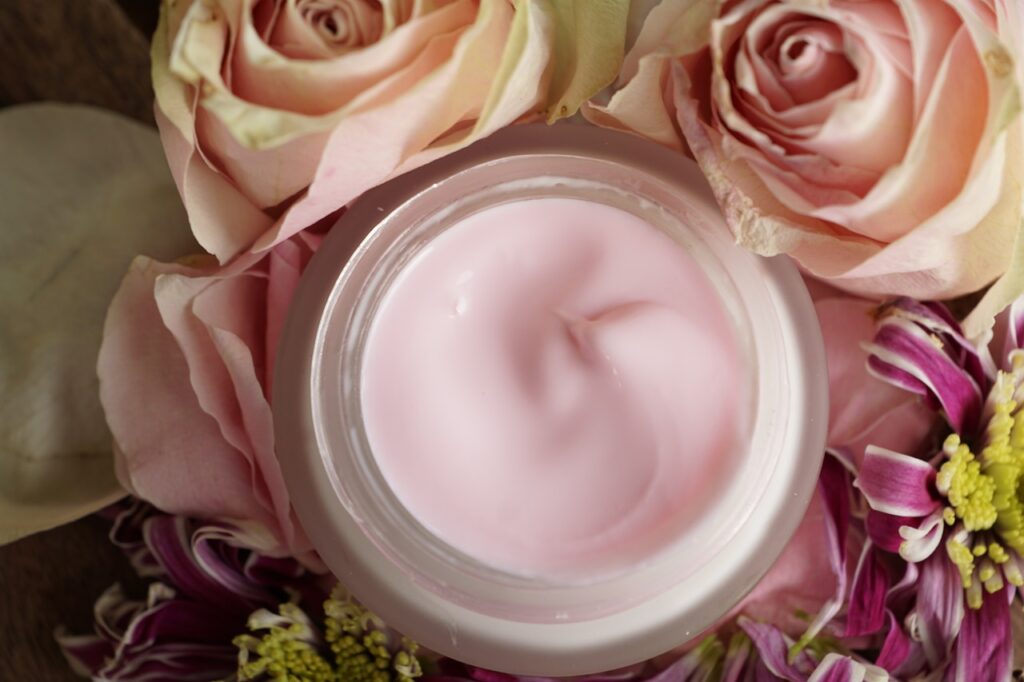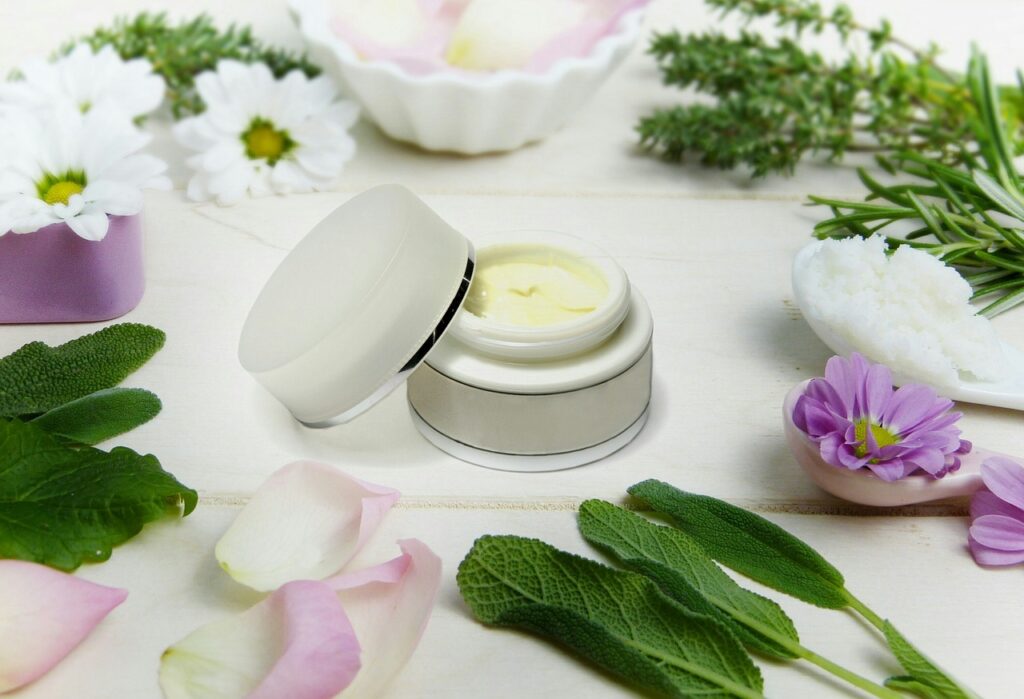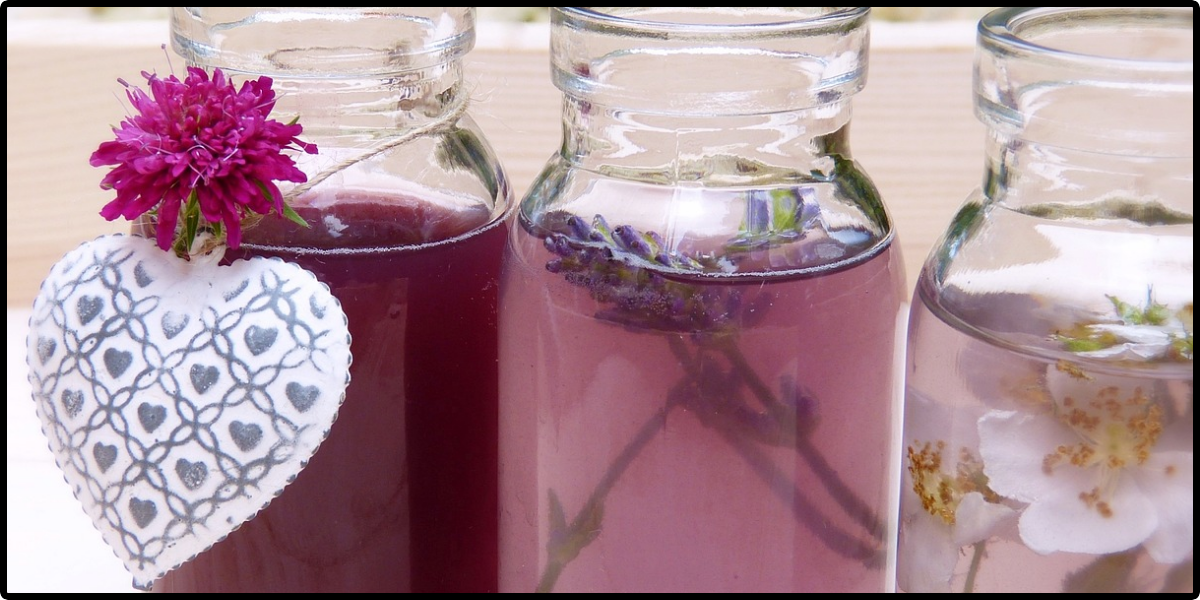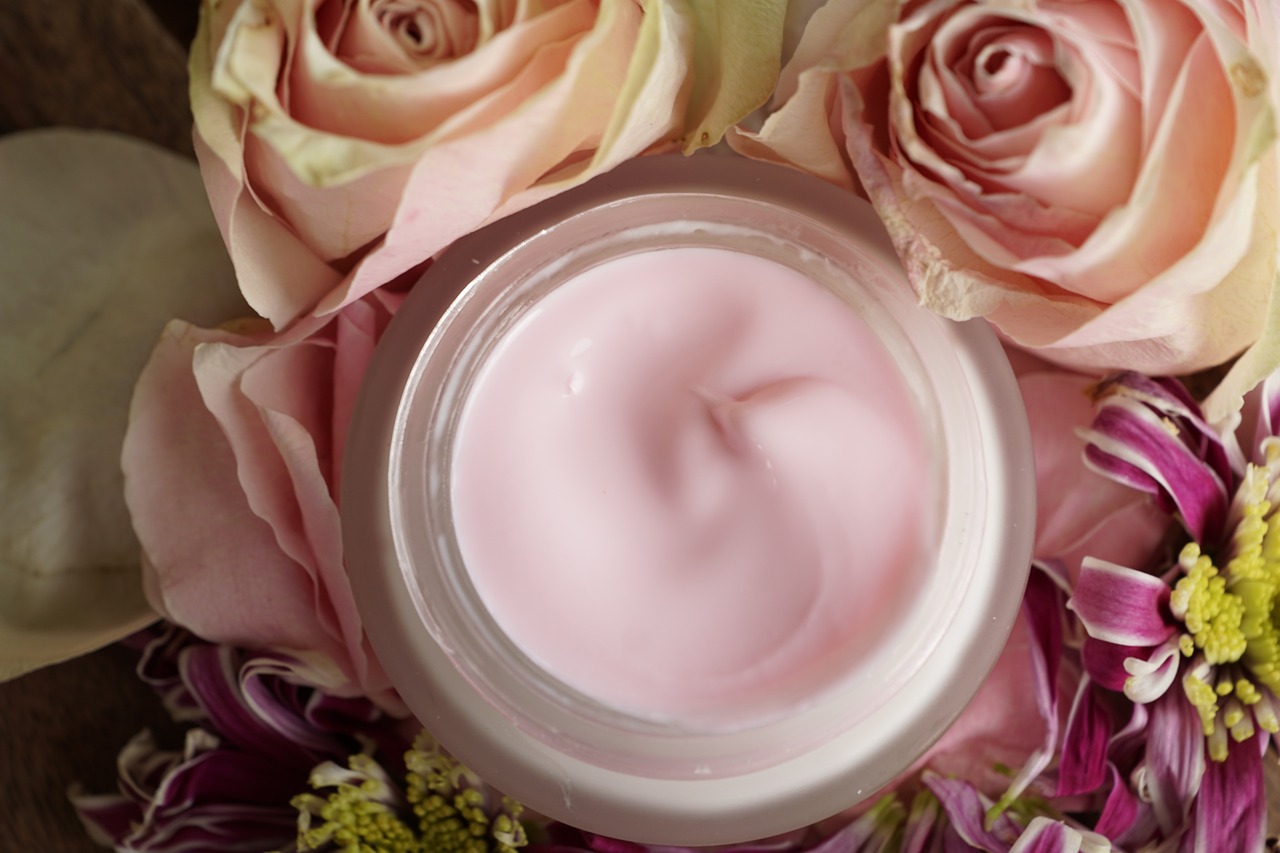Embracing Eco-Friendly Self-Care and Beauty for a Greener You

Eco-friendly self-care is extremely important in today’s fast-paced environment. But as we grow more conscious of our environmental impact, it’s essential to incorporate environmentally responsible habits into our self-care and beauty regimens. We at GreenHealings.com are committed to assisting you in achieving wellbeing that is in tune with nature. Let’s look at some specific and original approaches to embracing eco-friendly beauty and self-care.
Eco-Friendly Skincare:
Eco skincare has gained popularity as a conscious and ethical approach to self-care in a society where sustainability is becoming more and more significant. It’s about taking care of your skin and the environment. Let’s investigate environmental skincare and discover sustainable self-care techniques.
1. Natural Ingredients:

Eco-skincare starts with the ingredients you use. Choose products that are rich in natural, plant-based ingredients. Look for botanical extracts, essential oils, and herbs that are not only kind to your skin but also gentle on the planet.
- Sustainable and Organic Procurement:
Choose skincare companies that emphasize using components that are derived responsibly and organically. By assisting these businesses, you can make sure that the development and harvesting of these products have a minimally harmful impact on local communities and ecosystems.
3. Clean Formulas:
Clean beauty is at the core of eco-skincare. Avoid products containing harmful chemicals, parabens, sulfates, and synthetic fragrances. Instead, opt for products with transparent ingredient lists that you can trust.
- Sleek packaging
Packaging in excess adds to the waste of plastic. Eco skincare companies are aiming for packaging that is recyclable and simple. To lessen your impact on the environment, choose goods that come in glass containers, recyclable plastics, or even solutions without packing.
- Products Made Without Cruelty:
Make sure the skincare items you use are cruelty-free, which means they haven’t been put through animal testing. Animal welfare certificates are prominently shown on the packaging of many eco-aware companies. Look for certifications like “cruelty-free,” “vegan,” and “certified organic” to guide your choices.
6. Homemade Remedies:
Embrace the power of DIY skincare. Create your own eco-friendly skincare products using simple ingredients like coconut oil, honey, aloe vera, and oatmeal. This not only reduces waste but also allows you to customize your skincare to your specific needs.
- Sustainable Business Practices:
By utilizing products effectively, adopt sustainable skincare habits. Applying the “less is more” philosophy can help you conserve products and guarantee that you aren’t overdosing your skin with skincare products.
8. Seasonal Adjustments:
Tailor your skincare routine to the seasons. Your skin’s needs change with the weather, so consider using different products and techniques as the seasons shift.
- Mindful Use:
When using skincare products, be attentive. Enjoy the process and pay attention to how each product affects your skin as you go. You may better enjoy the advantages of eco-friendly skincare by practicing mindfulness.
- Sustainable Sunscreen:
Green sunscreen can shield your skin from the sun’s damaging rays. When swimming in the ocean, search for mineral-based, reef-safe choices that don’t damage aquatic habitats.
- Educate Yourself
Keep up with the newest products and green skincare trends. To make wise decisions, investigate brands, read labels, and seek out information from reliable sources.
- Promote eco-friendly brands:
Support skincare firms and products that have an emphasis on sustainability. By selecting these items, you not only improve the health of your skin but also help make the beauty business more environmentally friendly.
In conclusion, environmental skincare is about practicing self-care with awareness and responsibility. You may benefit from glowing, healthy skin while helping the environment by integrating these eco-friendly techniques and choosing ethical companies. Make eco-skincare a priority, and you’ll join the worldwide movement for a future that is both naturally attractive and more sustainable.
Potential Risks of Conventional Beauty Products:
Let’s explore the potential risks associated with conventional beauty products and the compelling benefits of choosing natural alternatives for your skincare and self-care routines.
- Toxic Chemicals: Traditional beauty products frequently include a concoction of man-made substances, such as parabens, phthalates, and sulfates. These substances may cause skin rashes, allergies, or even hormonal disruption when absorbed via the skin.
- Skin Sensitivity: Strong chemicals like artificial smells and colors can make skin disorders like eczema, psoriasis, and acne worse. They might aggravate skin conditions by causing redness, itchiness, or inflammation.
- Impact on the environment: Many traditional cosmetic products come in single-use plastic packaging, which adds to plastic pollution and damages ecosystems. These items’ creation and disposal also add to carbon emissions.
- Animal Testing: Some conventional brands continue to conduct animal testing to ensure product safety, which raises ethical concerns for many consumers who oppose animal cruelty.
- Overuse of Antibiotics: Certain skincare products contain antibiotics, which can contribute to antibiotic resistance when used excessively. This poses a threat to public health as antibiotic-resistant infections become more challenging to treat.
Benefits of Natural Alternatives:
- Gentle on Skin: Natural beauty products use minerals, plant extracts, and essential oils, as well as other substances that are found in nature. These substances often have a milder effect on the skin, lowering the possibility of allergies and discomfort.
- Healing and Nourishing: Natural alternatives frequently include elements with nourishing characteristics. Aloe vera, for instance, helps relieve sunburn, while honey can moisturize and treat dry skin. Since ancient times, people have employed these natural medicines for their skincare advantages.
- No dangerous chemicals: Usually, dangerous chemicals like parabens, sulfates, and synthetic perfumes are absent from natural beauty products. As a result, there is a lower chance of being exposed to hazardous compounds and long-term health problems.
- Eco-Friendly Packaging: Utilizing recyclable, biodegradable, or refillable materials, many natural beauty products place a high priority on their packaging. This diminishes the environmental effect and decreases plastic waste.
- Cruelty-Free: Companies that sell natural cosmetics are more likely to be cruelty-free, which means they do not test their goods on animals. This supports a more compassionate approach to cosmetics and is consistent with ethical principles.
- Reduced Environmental Impact: Natural components are frequently obtained by sustainable means, avoiding harm to ecosystems and promoting moral agricultural methods. Natural beauty products’ total environmental impact is decreased as a result.
- Transparency: Natural companies frequently disclose more information about the sources of their ingredients and their manufacturing procedures. As a result, customers are more equipped to choose the things they use.
- Benefits from a holistic perspective: Natural beauty frequently emphasizes the link between skincare and general health while embracing holistic wellbeing. These goods improve your beauty while also promoting your overall health.
In conclusion, despite being widely accepted and used for many years, traditional cosmetic products pose a threat to the environment and your health. Natural alternatives emphasize components from nature that are kind, nutritious, and environmentally friendly. They provide a safer and more sustainable approach to skincare and self-care. By selecting natural alternatives, you may improve your appearance and support a more ethical, healthy beauty business.






Pingback: Biotechnology IMPACT ON CRISPR and Genetic Engineering